1. Who’s Running This Show?
As you might suspect, a laundry list of governmental agencies are involved in evaluating and implementing how air travel is being maintained in the U.S. during this time. The Department of Health and Human Services is the main federal government department in charge, with the Centers for Disease Control and Prevention (CDC) acting as the lead experts. Other players are the State Department, Homeland Security, and Department of Transportation.
2. What Are The Current Flight Restrictions?
While there are no current flight restrictions, a more formalized entry screening will begin at five U.S. airports that receive over 94% of travelers from the Ebola-affected nations of Guinea, Liberia, and Sierra Leone. Per the CDC, these formal screening stations begin:
JFK – Saturday, October 11
IAD – Week of October 13
EWR – Week of October 13
ORD – Week of October 13
ATL – Week of October 13
3. What Do You Mean “Screening”?
Trained U.S. Customs and Border Protection (CBP) staff will follow this Entry Screening procedure, according to the CDC:
- Travelers from Guinea, Liberia, and Sierra Leone will be directed to a special screening area.
- They will be observed for signs of illness, questioned on current health and exposure, and reminded to monitor their health for Ebola symptoms.
- Their temperature will be taken with a non-contact thermometer.
- Should their answers and/or temperature warrant further evaluation, a CDC quarantine station public health officer will continue the assessment and refer any qualifying persons to the appropriate public health authority.
Exit Screening is taking place in the affected countries as well. In fact, the CDC reports that in the last two months since exit screening began in Guinea, Liberia, and Sierra Leone, 36,000 people have been exit screened and 77 people were denied boarding a flight because of the health screening process. While none of the 77 passengers were ultimately diagnosed with Ebola, many were diagnosed with malaria.
4. Are Flight Restrictions Coming?
The FAA has said any further restriction decisions would come only after an interagency discussion between the players mentioned above, with the prior being the “health and welfare of flight crews, airline workers and the traveling public.” Currently, the World Health Organization (WHO) and the CDC have not recommended general travel restrictions to or from the countries affected by Ebola.
In fact, it can be argued that the lack of such a ban is vital to maintaining evaluation and treatment in threatened countries of the outbreak with assistance from other countries.
5. What About Other Airports? Or Other Ports Of Entry For That Matter?
The FAA states that CBP personnel are continually monitoring all persons entering all ports of entry of the United States for general overt signs of illnesses through visual observation, questioning, and notification of CDC and local public health officials as appropriate.
Human errors are certainly a possibility. Even detailed attention to passenger itineraries are not foolproof. Take the example of a sick passenger flying from Liberia-Roberts International Airport (ROB) to Brussels Airport (BRU) before flying on a new, separate itinerary to Chicago (ORD). This hypothetical traveler is an example of someone who may bypass the direct attention of CBP and automated systems to track travelers.
Is a travel ban the better answer?
Or is the flow of people and resources important to understanding and treating this little known disease?
____
@travelblawg
facebook.com/travelblawg
Subscribe in the sidebar!






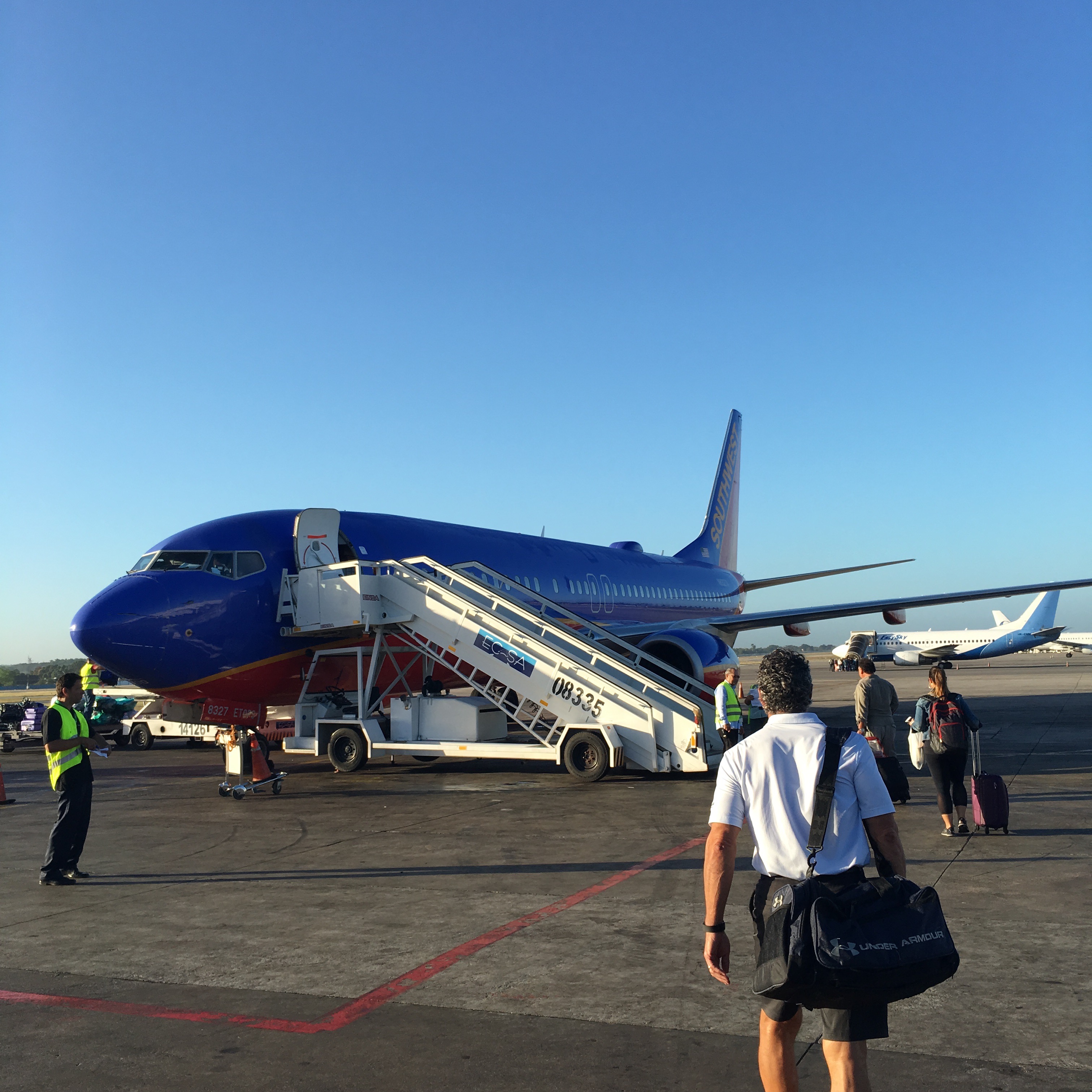
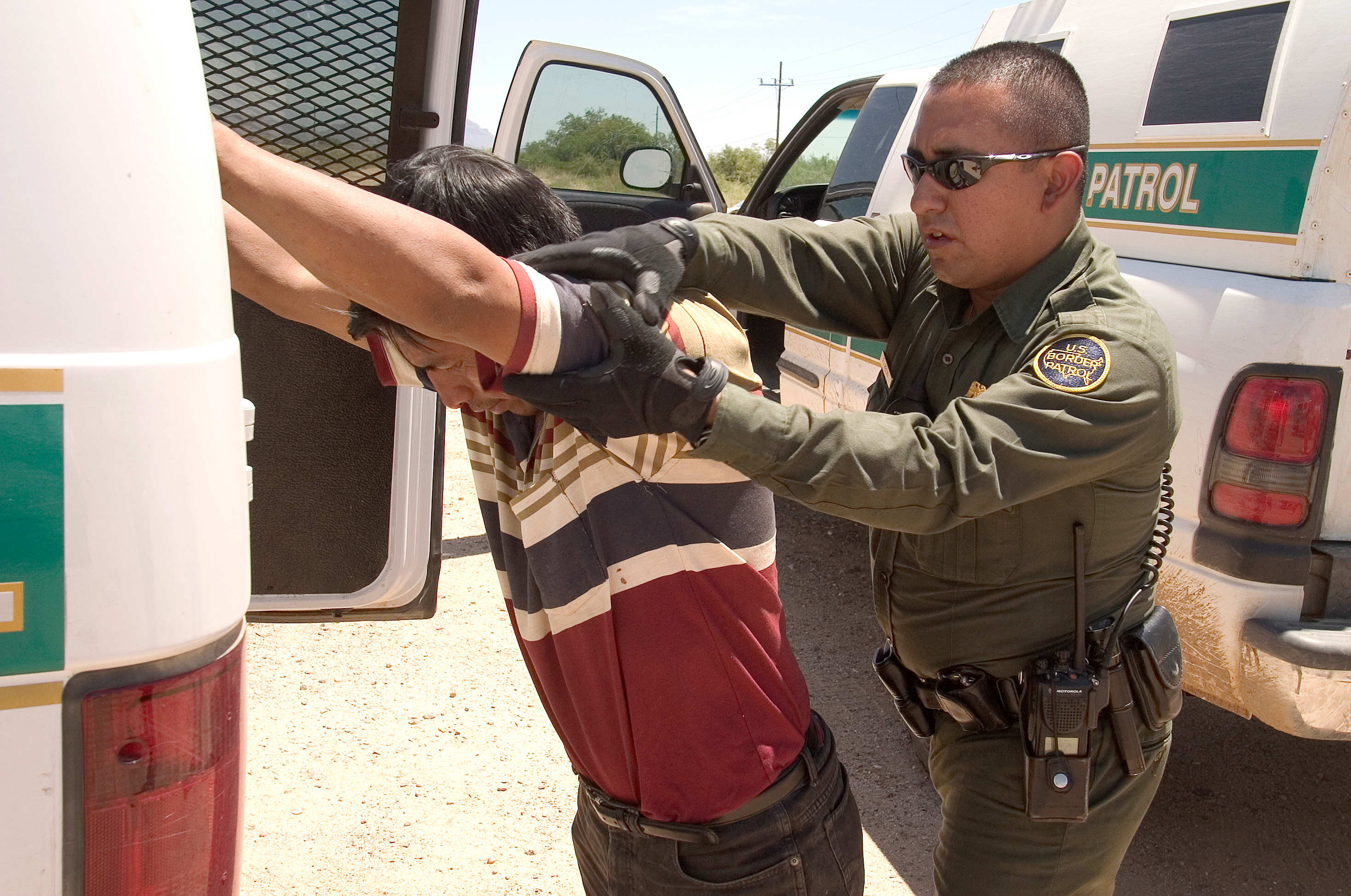
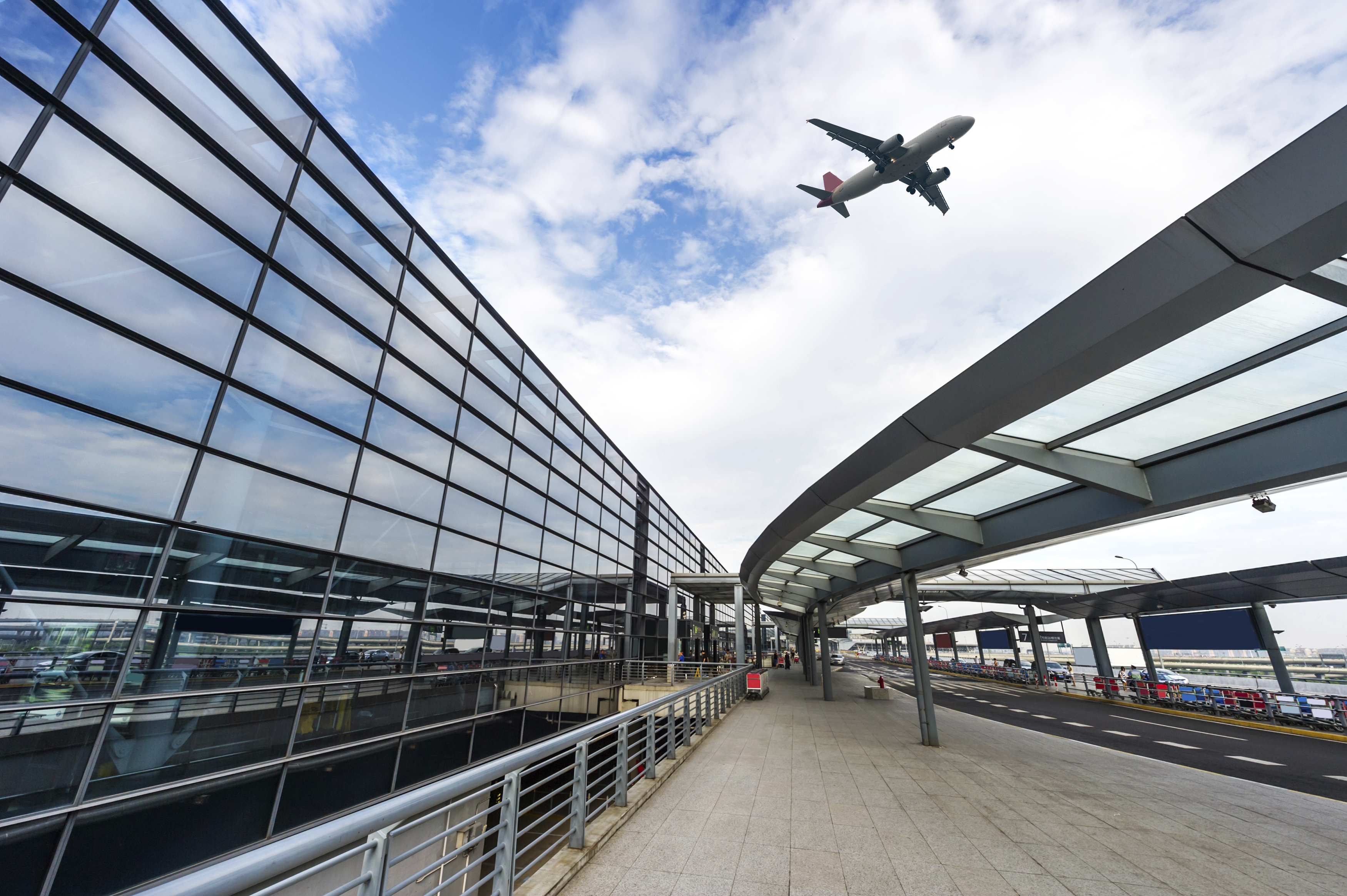

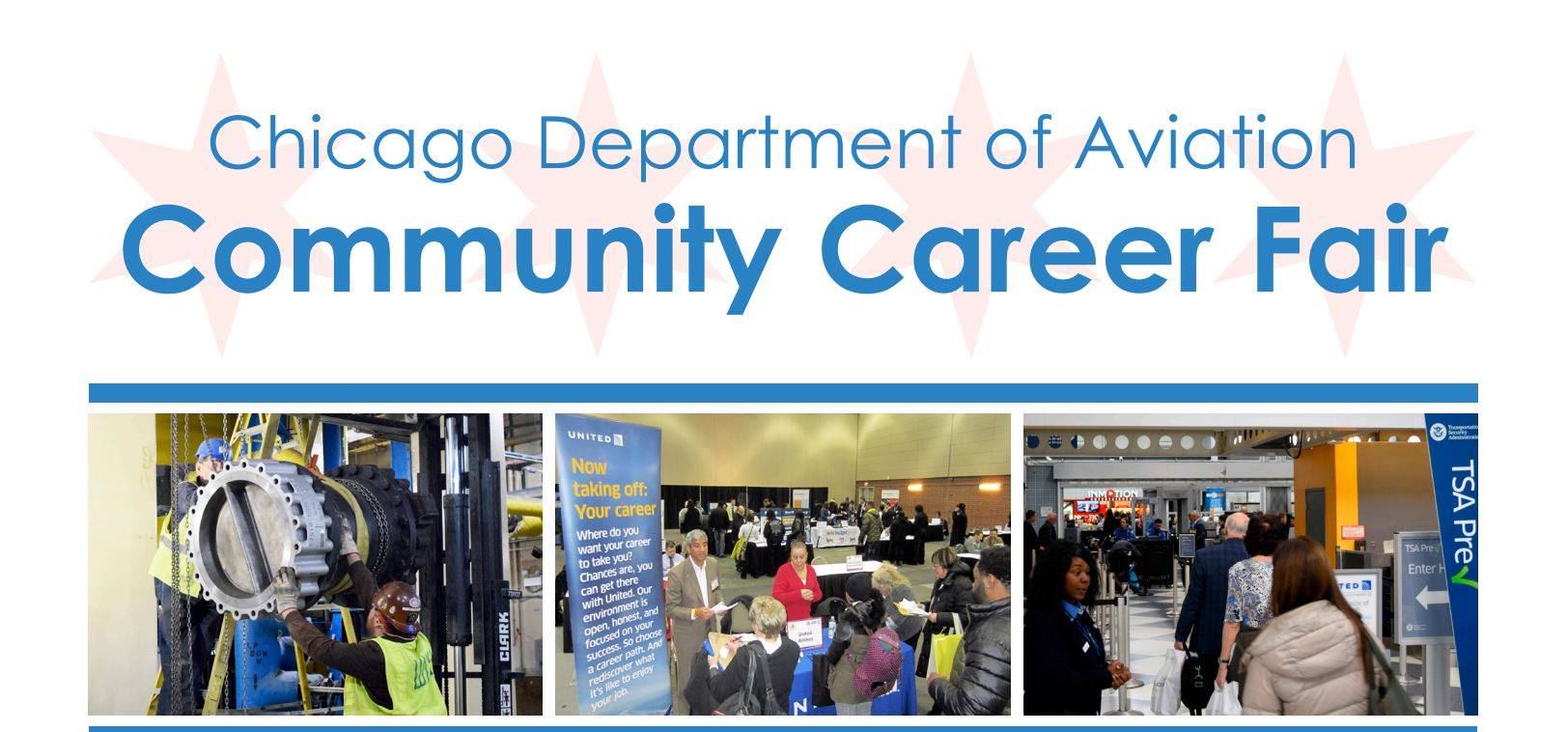
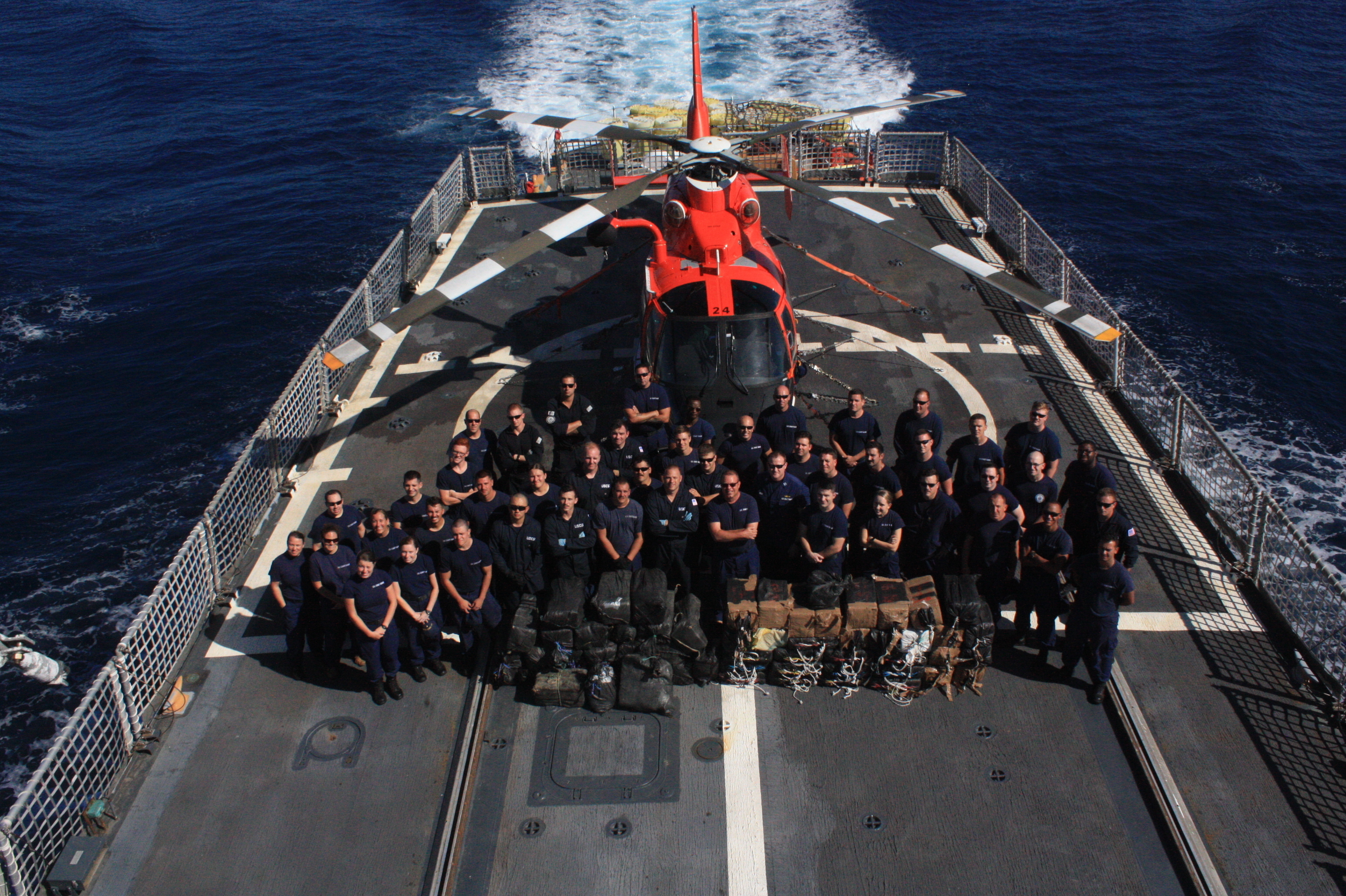
1 comment